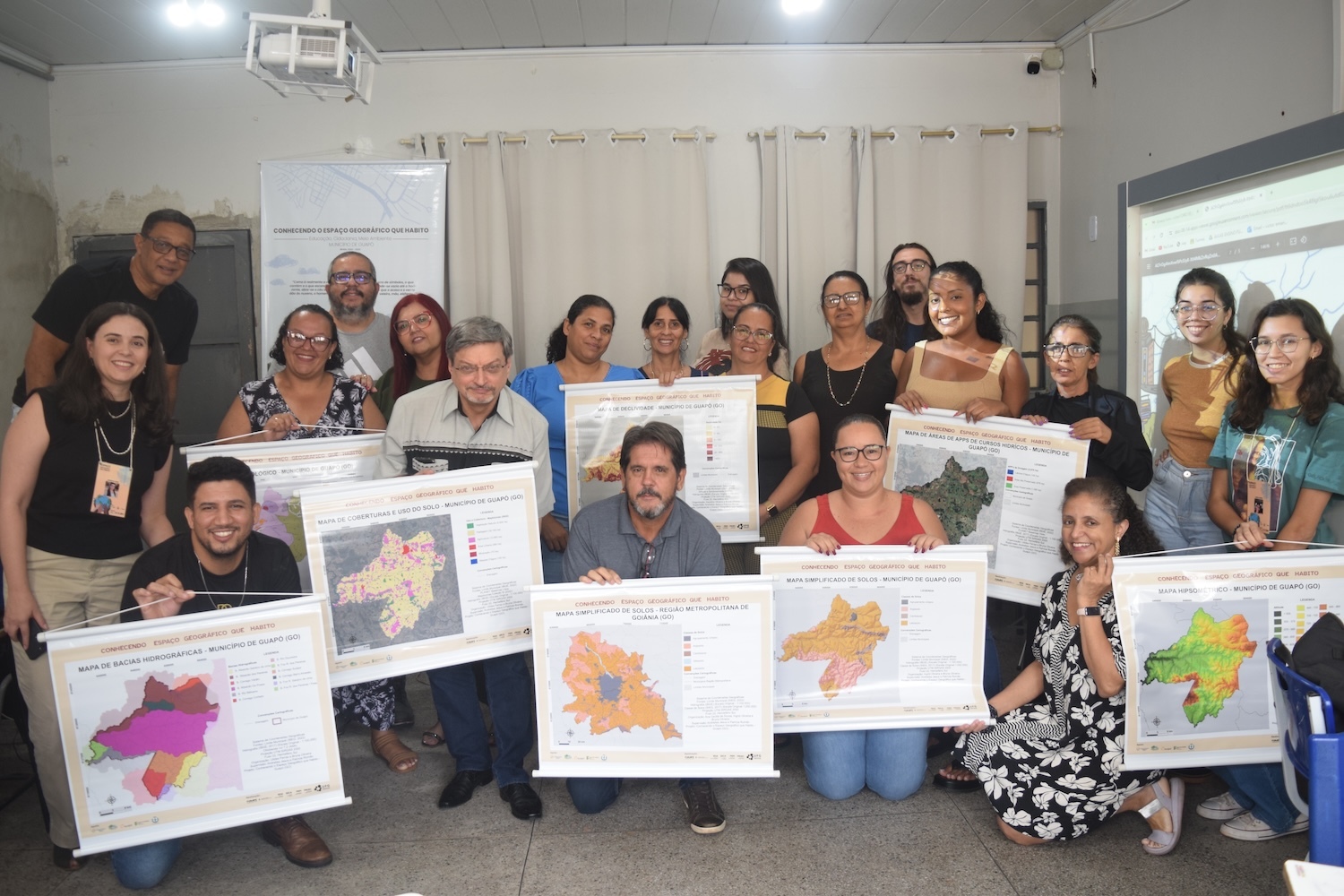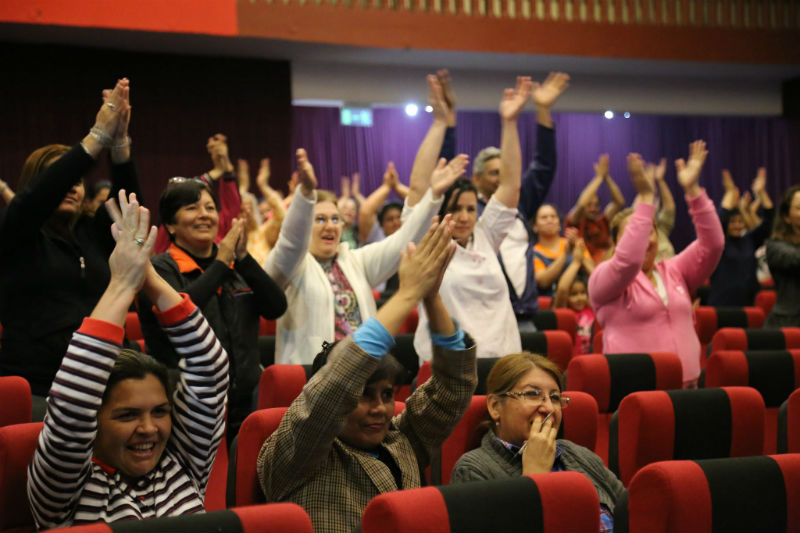For the last couple of decades, the quest for quality, inclusive, and accessible education for all has been a priority for many nations globally. Global Peace Foundation (GPF) Kenya has been at the forefront of championing the attainment of Sustainable Development Goal 4 through its innovative approaches towards education. Kenya has recently introduced the Competency-Based Curriculum for primary schools. However, much still needs to be done to address the global crises in education, which calls for concerted efforts from partners across multiple sectors to transform education.
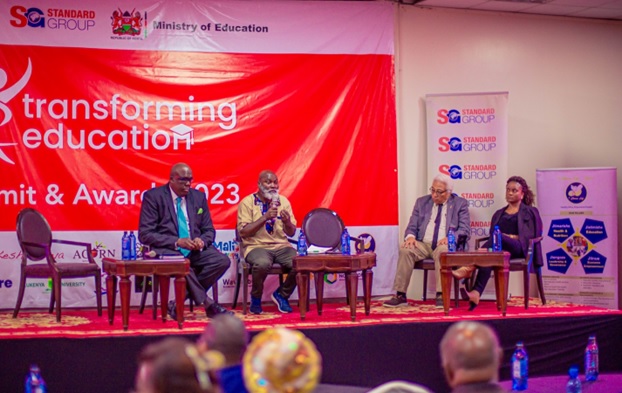
Speakers during one of the panel session
On July 7, 2023, GPF Kenya held its second edition of Transforming Education Summits & Awards at Panari Hotel themed, “Role of Stakeholders in Transforming Education for the Future.” The summit brought together players in the Kenyan education sector, among them the Ministry of Education.
The participants sought to explore ways and provide support and guidance for educators to transform education by integrating ethics and workplace skills into all levels of education to raise learners’ and educators’ character, creativity, and leadership skills.
Distinguished panelists discussed how different stakeholders can champion accessible education, preparing youth with transferable competencies, character, and skills for existing and future employment prospects, inclusivity and equity in education, incorporating S.T.E.M. and I.C.T. integration in learning, the influence of non-governmental organizations in the provision of quality education and policy formulation, and curriculum development.
“We came up with this program, the Transforming Education Summit, to provide a platform to share best practices on how we can improve our education,” said Mr. Daniel Juma, CEO of GPF Kenya, while welcoming the participants.
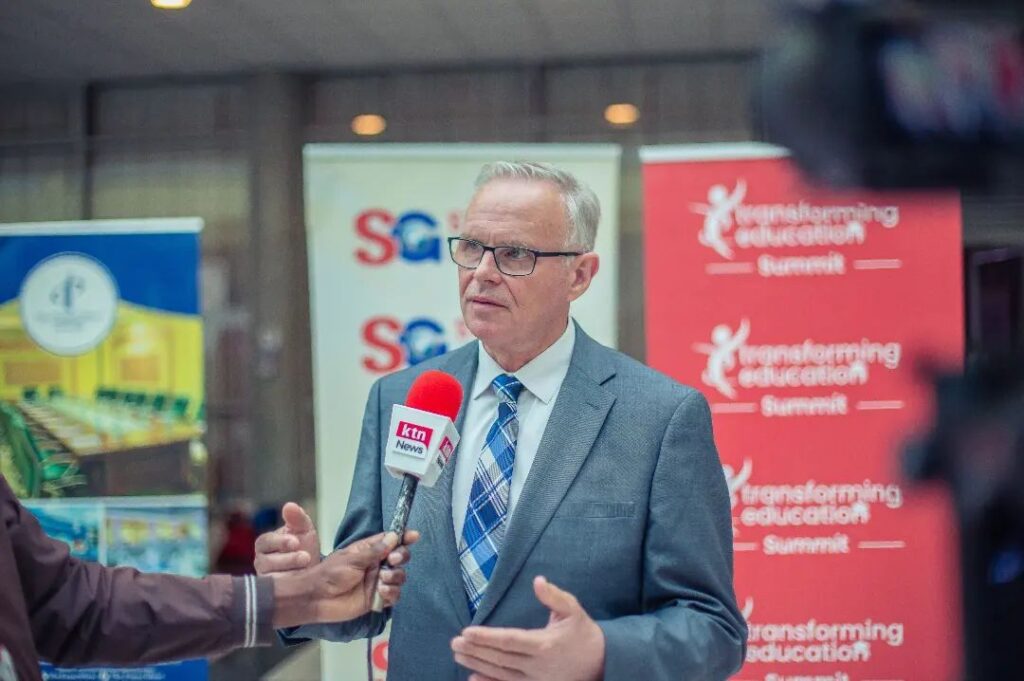
Dr. Tony Devine, GPF vice-president of education
In his keynote address, Dr. Tony Devine, Vice President of Education at GPF, shared a collaborative ecosystem approach that endeavors to bring together education stakeholders from the public, private, and social sectors for collective impact. He provided 12 points that the stakeholders can embrace to transform education:
- Character cultivation as the antidote to corruption
- New types of leadership at all levels: moral and innovative leadership
- Ramping up altruism
- Holistic development of students
- Education for a life
- Making a contribution to education
- Creating great relationships
- Developing transferable skills value-based
- Unlocking human potential
- Growth mindset
- Entrepreneurs with character
- Application of knowledge
Mr. Gichuki Francis, the learning and development facilitator at Tabasamu Africa Hub, called on all educators to change how adults view young people, especially learners.
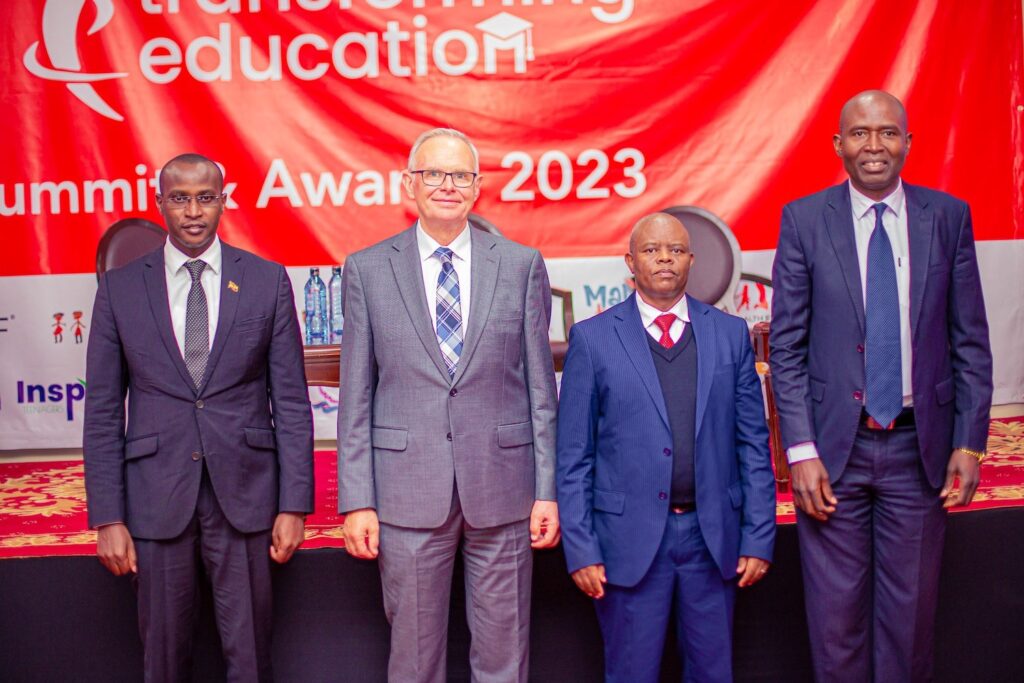
From left: Dr. Kelly Oluoch CEO Kenya Medical Training Collage, Dr. Tony Devine, GPF vice-president of education and Executive Director, Dr. William Sugut Director, Education Reforms and Junior secondary Education programmes and GPF-Kenya CEO, Mr. Daniel Juma during the second edition of Transforming Education Summit and Awards 2023 at The Panari Hotel in Nairobi.
“Young people are a resource to be developed, not a problem to be fixed,” he said while calling on the stakeholders to meaningfully engage the young people to give them a sense of belonging, making them responsible and accountable global citizens. He encouraged participants to champion life-long learning through what he termed as the 6Cs of positive youth development:
- Confidence:
- Competencies
- Care
- Character
- Contribution
- Commitment
At Global Peace Foundation, we believe that transforming education is essential to building peaceful communities and societies. It is a process of redefining learning to develop the character competencies and future workplace skills that are in high demand by employers and to prepare students to have a positive influence wherever they end up. These students become leaders who will bring positive transformation to the world.
Learn more Transforming Education | Global Peace Foundation
Read more from The Standard


